If you’re reading this, you’re probably quite conscious of what goes into the products you buy. You may’ve switched to organic cotton or ditched single-use plastic. That’s incredible – we think you’re doing an amazing job!
We believe it’s important to be mindful of what we consume – because the things we buy affect the environment, animals and the people who are part of the supply chain.
But even when you’re doing your best to buy ethically, it’s not always very clear how to make the best decisions.
This blog will answer a question that we hear often – what’s the difference between vegan and cruelty-free?
What makes a product vegan?
The term ‘vegan’ refers to a product’s ingredients, rather than the process of its creation. So, if a product contains any ingredients that have come from an animal, for example, beeswax or lanolin, it is not vegan.
Some of the common animal-derived ingredients in cosmetics that you might not expect are:
- Carmine A red colouring made from the bodies of crushed beetles.
- Elastin Often used in anti-wrinkle products, elastin is extracted from the muscles, ligaments and heart valves of animals such as cows.
- Keratin A chemical added to shampoos to strengthen hair, often made from ground up animal hair, horns, hooves, and feathers.
- Lanolin An ingredient used to moisturise and protect skin. It comes from sheep sebum. They produce it to protect their wool.
What makes a product cruelty-free?
If something is cruelty-free, this means that none of the ingredients, nor any of the sub-ingredients (ingredients mixed together by a third-party supplier to form an ingredient itself) are tested on animals.
Animal testing can range from applying chemicals to animals’ skin, pouring the chemicals into animals eyes, to inserting materials doused in chemicals into animals’ bodies.
Animal testing isn’t just for cosmetics – animals are used for testing when it comes to menstrual products, too.
Historically, tampons inseminated with the bacteria that causes Toxic Shock Syndrome were tested on animals – in some documented cases, tampons laced with the bacteria were inserted into wounds made in rabbits’ necks.
It gets confusing when you consider that something could be vegan but not cruelty-free – and something could be cruelty-free but not vegan.
we're Vegan and cruelty-free
Natracare products are all cruelty-free and certified vegan!
Find out more
To put it simply
Vegan: does not contain any animal derived ingredients but may still be tested on animals
Cruelty-free: may contain animal derived ingredients but is not tested on animals
Vegan + Cruelty-free: does not contain any animal derived ingredients and is not tested on animals
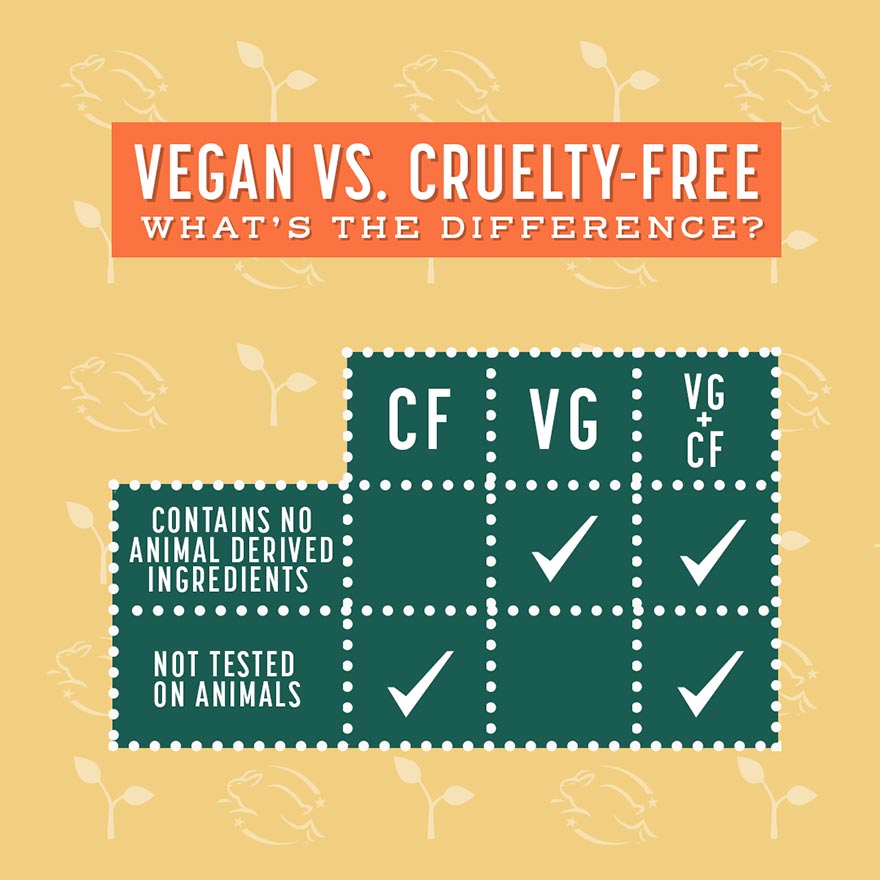
The best way to be sure about whether a product is vegan or cruelty-free is to look for a trusted certification mark.
Natracare tampons are certified as vegan by the Vegetarian Society. Other groups like the Vegan Society and Vegan Action also certify products as vegan, so look out for these too!
When it comes to cruelty-free products, you can look for the Leaping Bunny mark.
Do you want to choose products that are kinder to animals and the planet? Our entire range of products is vegan and cruelty-free!
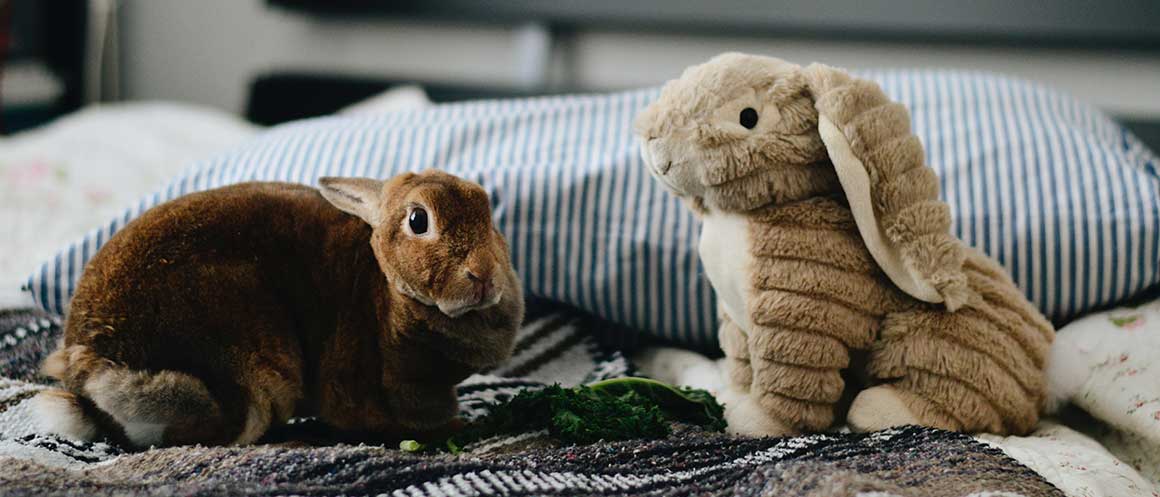
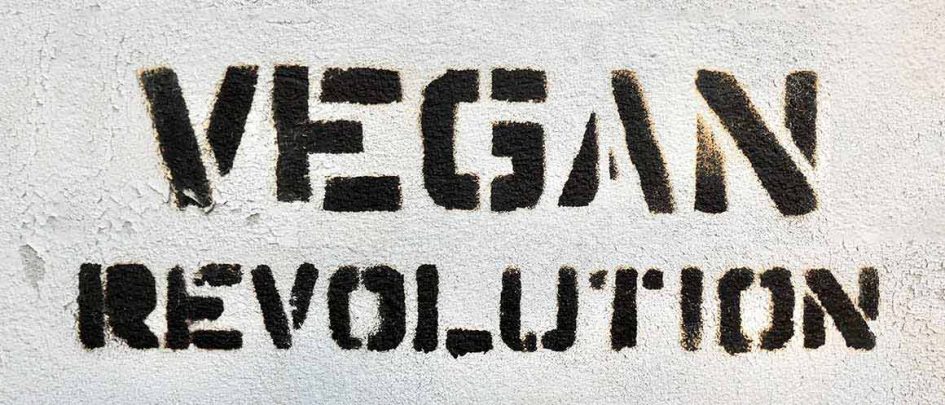
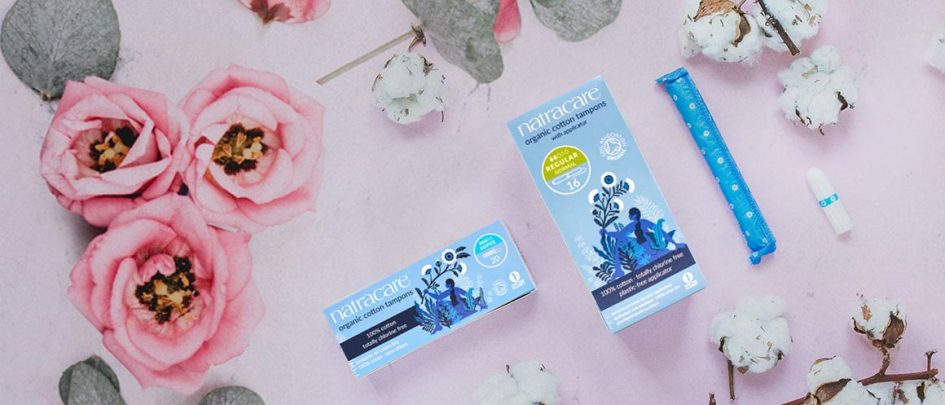
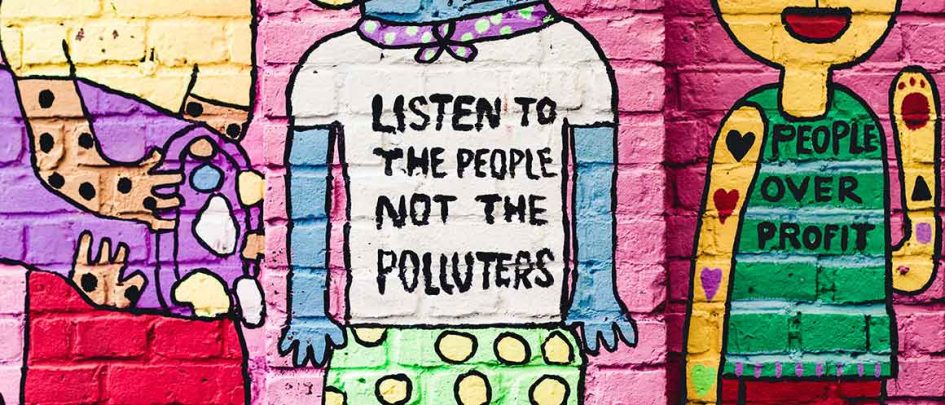






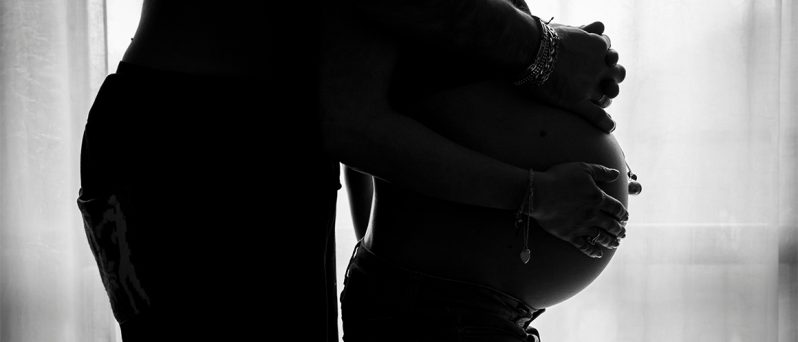
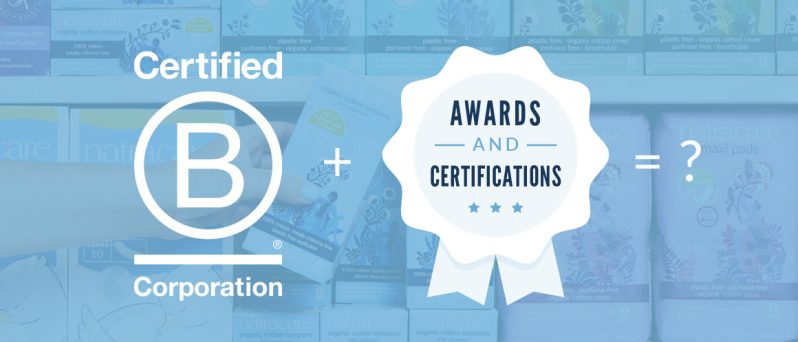
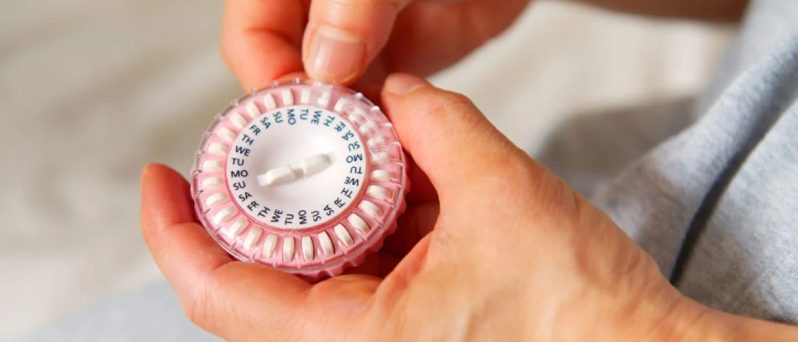
This is a really useful article, thankyou! But I can’t actually see the Leaping Bunny mark on your website – are you certified cruelty free, or just vegan?
Thanks in advance!
Hi Nicola, our products don’t carry the official Leaping Bunny mark because we hold many other certifications and accreditations. For example, we are ethical certified, use organic materials and are Made Safe approved – these standards work together to guarantee the cruelty free status of Natracare products. Understandably, it is both impractical and costly to apply for all certifications available in every market!